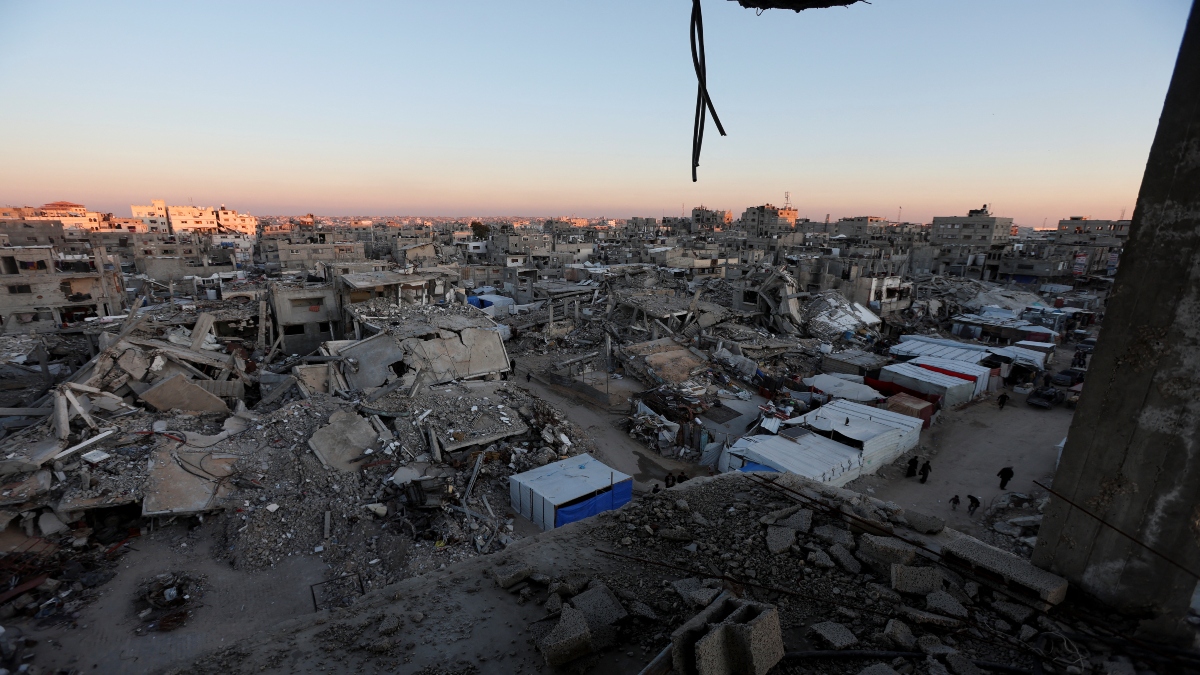Israel on Sunday (March 9) declared it was cutting off its electricity supply to Gaza in a bid to press Hamas to agree to extend phase 1 of the ceasefire.
According to media reports, Israeli Energy Minister Eli Cohen ordered the stoppage of electricity transmission to Gaza as he declared on X it was time “for action”.
“Enough with the talk, it’s time for action!” the minister wrote, confirming that supply will be cut “immediately”.
The announcement comes days after the Jewish nation cut off all supplies of goods to more than two million people in the territory.
Before the war, Gaza depended on Israel for a significant portion of its electricity supply. However, since October 2023, Israel has severely limited electricity access and restricted fuel deliveries essential for operating Gaza’s only power plant.
Even though the initial phase of the truce ended a week ago, both sides have avoided a full-scale war. However, sporadic violence has continued.
Hamas has been eager to start negotiations for phase 2 of the ceasefire instead of extending phase 1. In a recent statement, Hamas called on mediators to resume negotiations and humanitarian aid deliveries to Gaza Strip.
“We call on mediators in Egypt and Qatar, as well as the guarantors in the US administration, to ensure that the occupation complies with the agreement… and proceeds with the second phase according to the agreed-upon terms,” Hamas spokesman Hazem Qassem was quoted as saying by AFP.
Impact Shorts
More ShortsImpact on water supply
According to reports, halting the electricity supply will also affect the water supply in the Strip.
AlJazeera reports that water desalination plants in the southern parts of the Gaza Strip are powered by
electricity from Israel.
Ben-Gvir backs move
The move to cut electricity to Gaza immediately won backing far-right former National Security Minister Itamar Ben-Gvir.
“I welcome the power cut to Gaza and the sector must be plunged into complete darkness immediately as long as there are still Israeli captives,” said Ben-Gvir, who resigned from his cabinet position in January because he refused any ceasefire deal between Israel and Hamas.
“Israel should bomb the massive fuel storage that entered the sector as part of the miserable [ceasefire] deal.”
(With inputs from agencies)
)